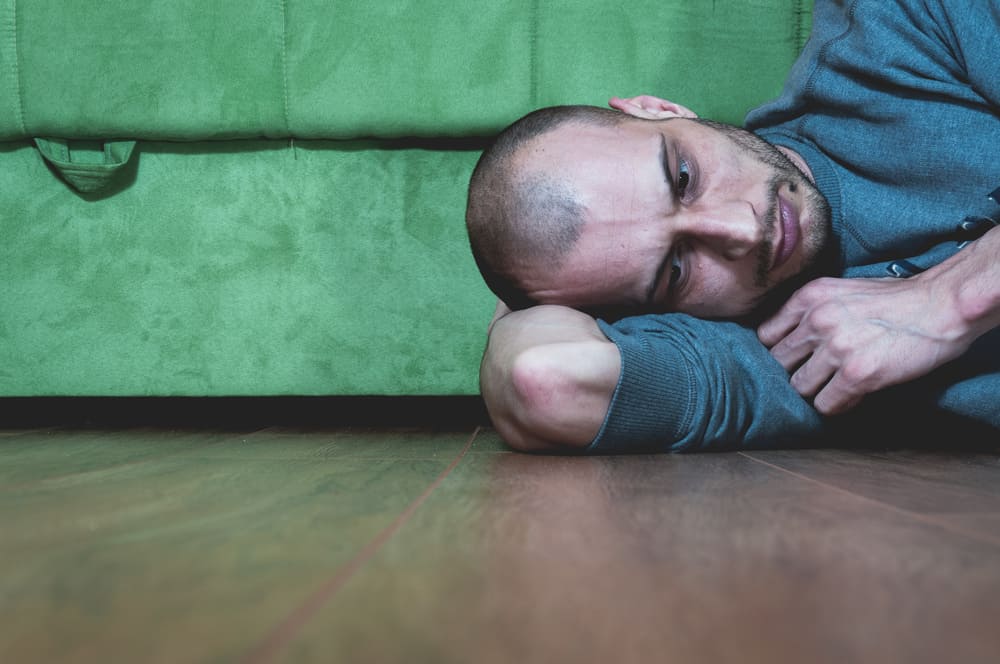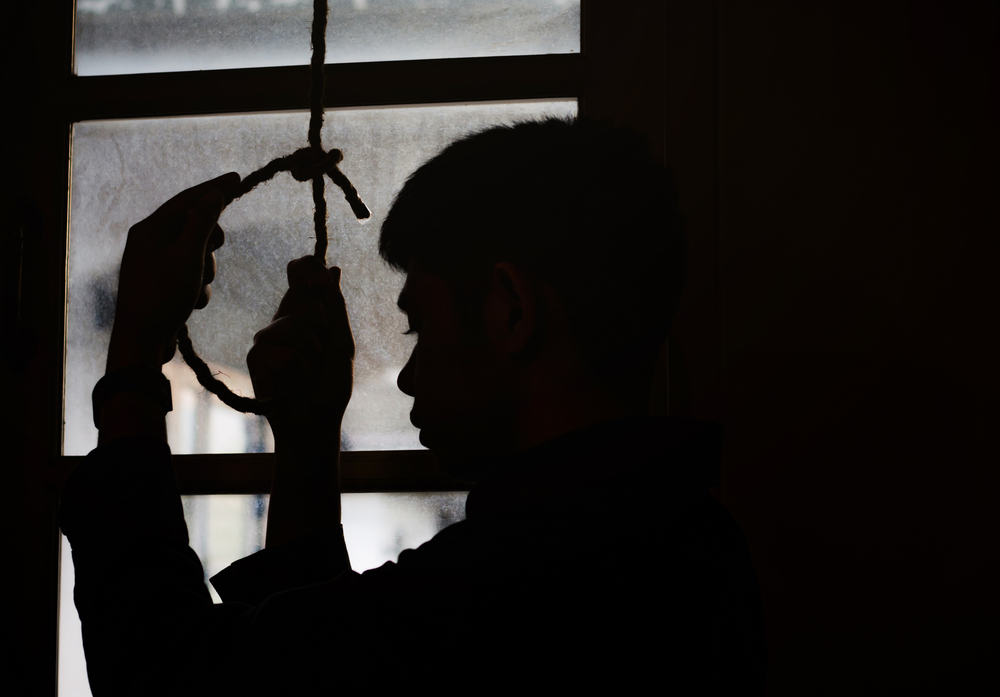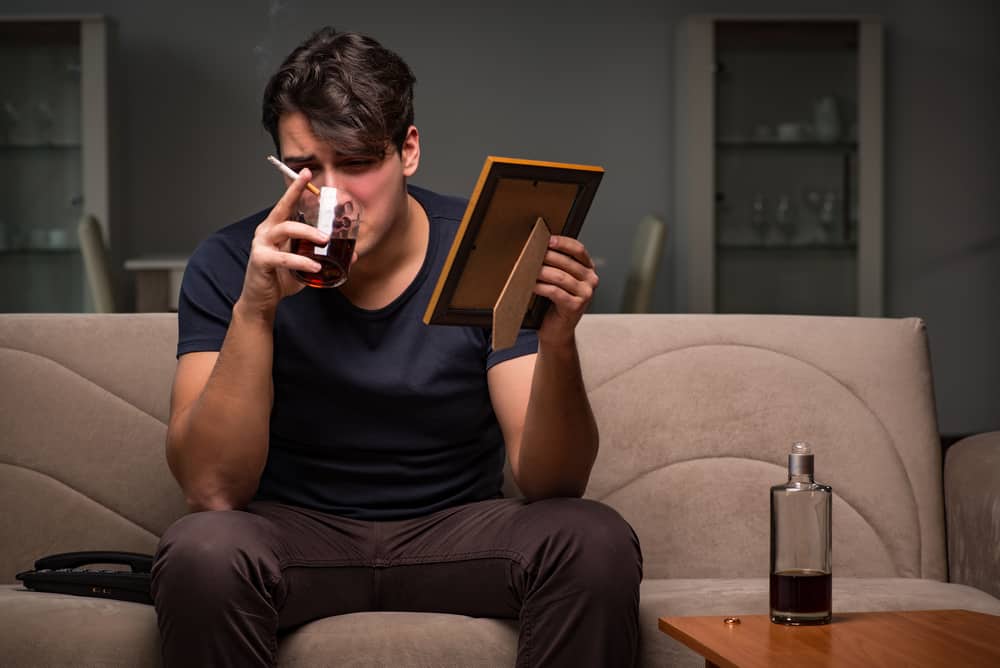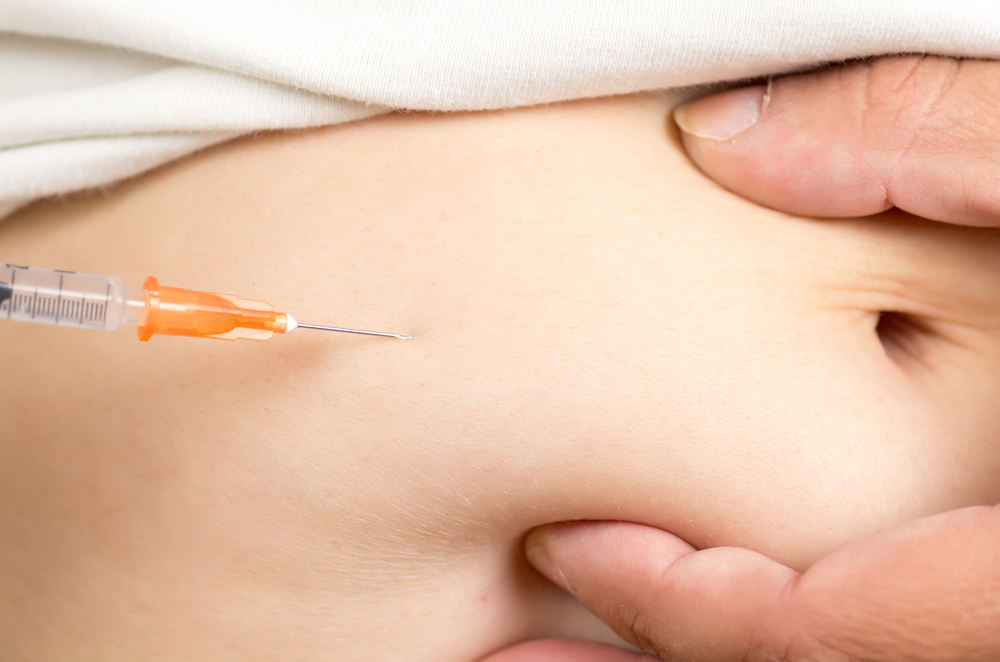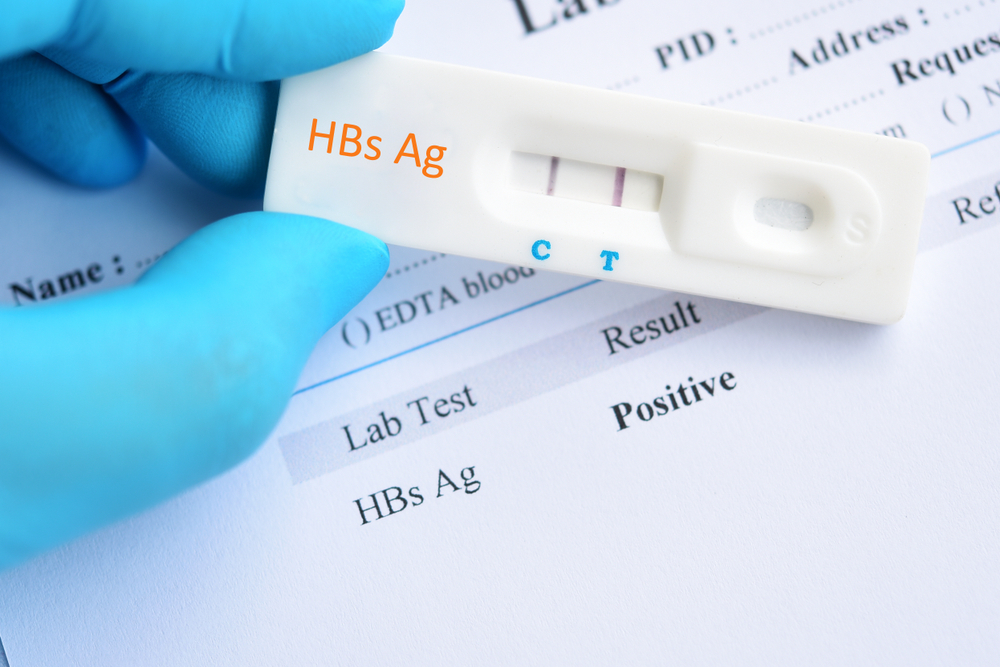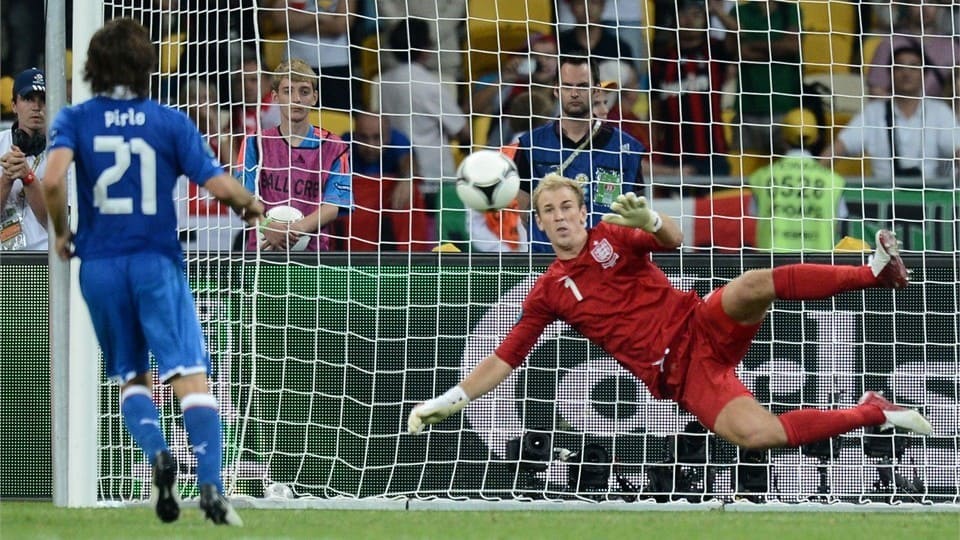Contents:
- Medical Video: Kendrick Lamar Talks About ‘u,’ His Depression & Suicidal Thoughts (Pt. 2) | MTV News
- Why do so many artists commit suicide?
- 1. Depression
- 2. The influence of mass media
- 3. Alcohol and alcohol
- 4. The negative stigma of the profession itself
Medical Video: Kendrick Lamar Talks About ‘u,’ His Depression & Suicidal Thoughts (Pt. 2) | MTV News
The World Health Organization (WHO) reports that nearly 800,000 people commit suicide every year. Of the total number, not a few who work as celebrities or art workers. Take for example comedian Robin Williams, Linkin Park vocalist Chester Bennington, classic novelist Sylvia Plath, to world renowned painter Vincent van Gogh. Actually, what is the reason behind the phenomenon of many artists suicide?
Why do so many artists commit suicide?
Every suicide is a unique case, and no one really knows for sure what is the main reason behind it - even experts. There are many things that can encourage someone to end their own lives, and this can differ from one person to another. What about celebrities and world artists?
1. Depression
For most cases, the urge to commit suicide is motivated by chronic, untreated mental disorders. More than 90 percent of people who committed suicide had mental disorders, whether it was depression, bipolar disorder, or other diagnoses. Some studies even show that successful non-artist CEOs are twice as high at risk for depression than the general population.
For example, suicide Chester Bennington and Chris Cornell. These two famous musicians have actually been struggling with mental disorders that have gnawed at them for years. Chester Bennington is known to struggle with depression, while Chris Cornell has an anxiety disorder.
Peeled deeper, the emergence of mental disorders can be rooted in many different things. Depression can be triggered by childhood trauma, lack of sleep due to tours, to the demands of work to be able to continue to produce perfect work every time.
2. The influence of mass media
Exposure to mass media on self-image and fame can eventually lead to someone who is successful and famous for experiencing severe stress and depression. For example, from gossip and hoax news, as well as a flood of negative comments from Warganet.
Mass media news about its success can also make them constantly compare themselves with others who look more successful or famous. Gradually, this heavy pressure can undermine his mental health.
The tendency of depression or other mental illness that ends in suicide can also be rooted in the instant fame they get. The heavy stress of trying to meet the grandiose and super-high expectations of the people around so as not to disappoint fans can foster symptoms of depression.
Sometimes when you have reached the highest peak of career success, depression can be an anchor that makes you fall to the deepest and darkest foundation in life because you are constantly bombarded with the requests and expectations of others to improve the quality of your work or to be better again.
In addition, exposure to the mass media which reported suicides that seemed endless could also trigger people who are already vulnerable to suicide to go through the action. For example, again the suicide of two close friends Chester Bennington and Chris Cornell. Cornell's death was believed to strongly influence Chester to end his life in the exact same way: hang himself.
3. Alcohol and alcohol
Glamorous lifestyles in the upper class who are susceptible to the influence of liquor and drugs can trigger the risk of depression and suicide. Alcohol and drugs can cause addiction if you continue to consume excessively in the long run. Addiction itself can depart from the initial trial and error which is then used as an escape when faced with the demands of a harsh job.
Even so, most cases of alcohol and drug dependence were first preceded by depression. Nearly one third of people who have had major depression then develop an alcohol dependence problem. In fact, a number of studies have reported that adolescents who experience severe depression can be twice as susceptible to starting drinking alcoholic drinks, than teens who do not suffer from depression.
A study from Cornell University Medical College in New York reported that more than fifty percent of the total suicides in the world are related to alcoholism and illegal drugs. The risk of suicide attempts is even known to be 120 times higher for adults who are addicted to alcohol than adults who do not.
If someone who has suffered depression is used to drinking alcohol, the symptoms of depression can worsen and tend to think of suicide. Moreover, the intoxicating effect of alcohol can make people act recklessly without thinking. This suicidal thought that has haunted before is increasingly becoming apparent and made real after being "helped" by the influence of liquor.
4. The negative stigma of the profession itself
The profession as a celebrity and an art worker is an irony. You could be surrounded by many people, ranging from staff, personal guards, to fans who are booming but still feel alone and lonely.
Celebrities in general must constantly "keep the image" and save their own anxiety or sadness so as not to look weak. This can make it difficult for you to express emotions when you have to deal with the heavy work pressure and exposure to cruel rumors from right and left, even though he already feels really desperate.
Great pressure to maintain a self-image as perfect as possible is also what can make celebrities generally reluctant to seek help when experiencing depression or other mental health problems. They may be afraid and anxious about being exposed by tabloids and nosy people when caught visiting a psychologist. As a result, this despair will continue to accumulate and "poison" the soul until finally he is not strong anymore to contain it.
If you, a relative, or family member shows signs of depression or other symptoms of mental illness, or shows desire or behavior or wants to try to commit suicide, immediately call the police emergency hotline110 or the Suicide Prevention hotline(021)7256526/(021) 7257826/(021) 7221810.

